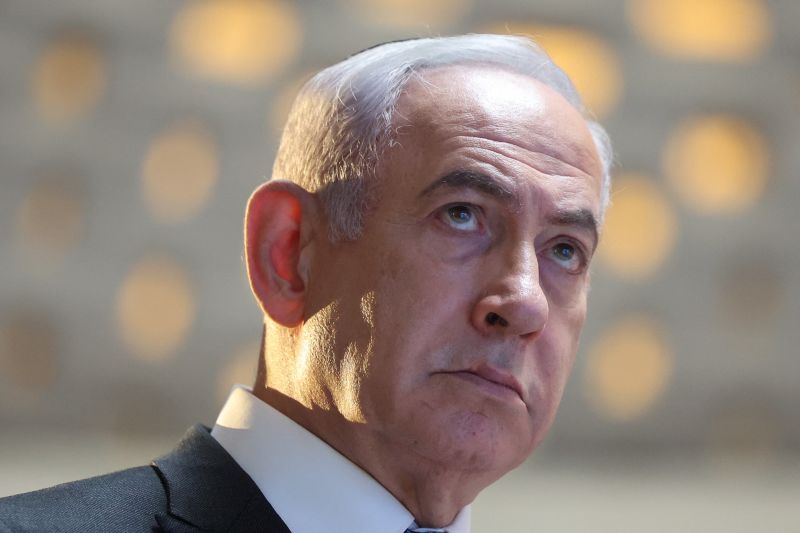The recent arrest of a top aide to Israeli Prime Minister Benjamin Netanyahu has sent shockwaves through the political landscape of the Middle Eastern nation, adding a new element to the ongoing friction between Netanyahu and his domestic rivals. The arrest occurred in the backdrop of allegations that the aide was responsible for leaking sensitive intelligence information, which reportedly aimed to compromise a potential ceasefire with Gaza and a hostage deal in progress.
The aide, whose identity is being kept under wraps due to the sensitive nature of the case, was taken into police custody following a raid conducted at his residence. Reports suggest that police uncovered incriminating evidence during the raid, a development that spurred widespread uproar and set off a series of accusations from Netanyahu’s political opponents.
The leaked information, it is alleged, was of a high-priority nature and was believed to be integral in establishing a ceasefire agreement between Israel and Gaza. It is important to note that peace talks between the two regions have always been fraught with tensions and any unauthorized leaks of this kind can undermine the delicate balance that is required for successful negotiations to take place. This incident has not only highlighted the potentially damaging implications of data leakage for such strategic discussions, but it has also called into account the perceived lack of control within the Israeli government.
In addition to disrupting peace talks with Gaza, the leaked intelligence is said to have potentially undermined a hostage negotiation process. While details about the negotiation remain undisclosed for security reasons, it is evident that the leaked information could have had far-reaching consequences, threatening the safety and security of the hostages, as well as the agents involved in the negotiation process.
Critics of Prime Minister Netanyahu, including his political rivals and civil society groups, seized upon the arrest of the key aide to accuse him of overseeing a government riddled with ineptitude, secrecy and an apparent disregard for the rule of law. Some went as far as accusing the Prime Minister and his inner circle of deliberately leaking the information to advance their own political agenda at the expense of national security and regional peace.
The allegations of a possible breach of national security protocols by a senior member of the Prime Minister’s staff have thrown Netanyahu’s leadership into the spotlight. Today, more than ever, there are increased calls for transparency and accountability in government operations. This latest development underscores the need for vigilant oversight and stringent information security measures to protect sensitive national information.
The Netanyahu administration has yet to issue an official response to these grave accusations. Meanwhile, the opposition parties have continued to push their narrative, leveraging on this incident to highlight what they perceive as systemic failures within Netanyahu’s government. The arrest of Netanyahu’s aide has thus become a potential tipping point in Israeli politics, causing a significant shift in the dynamics of political power, and serving as ground for increased scrutiny on the administration’s handling of top-secret intelligence.
This incident serves as a critical reminder of the importance of managing and protecting sensitive information, particularly in governments where such information could have a profound impact on national interests, regional stability, and international relations. Whether it’s a ceasefire with Gaza or a potential hostage negotiation, the leakage of sensitive intelligence information can have destabilizing cumulative effects. This event underscores the dire need for stringent security measures to prevent such unfortunate occurrences in the future.
Simultaneously, this episode raises profound questions about the efficacy and integrity of political leadership and governance. It provides an opportunity for a serious re-examination of how power is exercised, highlighting the responsibilities that come with it, and the accountability that must be demanded. Ultimately, the strength and dignity of any democratic set-up hinge on its commitment to transparency and accountability – elements that seem to be in question following these recent developments in Israeli politics.




